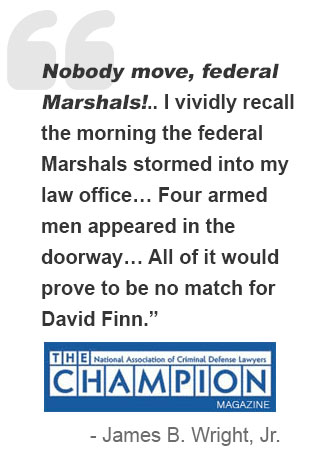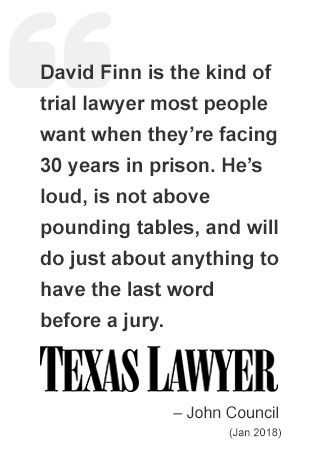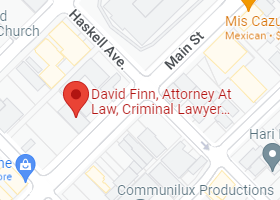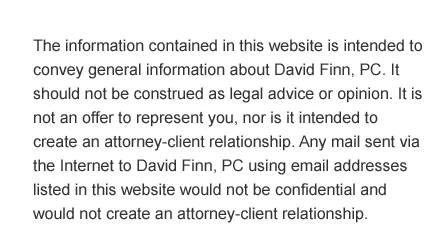


Orders of Non-Disclosure
Here’s some basic information on orders of non-disclosure.
They are different than the rules relating to expunctions.
A person who has successfully completed a deferred adjudication probation may be able to obtain an order of nondisclosure from the court. This order prevents government agencies from publicly disclosing criminal history information resulting from the offense. The criminal offense will determine whether a person is entitled to an order of nondisclosure and, if so, when such an order can be obtained.
For most misdemeanors, a person may file a petition for an order of nondisclosure immediately after the discharge from probation and dismissal of the offense. However, some misdemeanors require a defendant to wait five years from the date of the discharge and dismissal of the misdemeanor offense. Those offenses include: unlawful restraint, public lewdness, indecent exposure, assault, deadly conduct, terroristic threat, disorderly conduct, harassment, unlawful carrying of a firearm, obstructing highway or other passageway, interference with emergency telephone call, stalking, and bigamy. During this five year period, the applicant must not have received anything more than a citation for a fine-only traffic offense.
For most felony offenses, the applicant must wait ten years from the date of the discharge and dismissal of the felony offense.
Not all defendants who successfully complete a deferred adjudication probation are entitled to an order of nondisclosure. A person is not eligible if he/she has ever been convicted or placed on deferred adjudication for: an offense requiring registration as a sex offender, aggravated kidnapping, murder, capital murder, injury to a child/elderly/disabled individual, abandoning or endangering a child, violations of a protective order or magistrate’s order, or any offense involving family violence.
Obtaining an order of nondisclosure is very advantageous. A person who receives an order of nondisclosure my deny having been arrested or prosecuted for the offense, unless the information is being used against the person in a subsequent criminal proceeding. However, an order of nondisclosure does not require the government to destroy the information. The information may be released to criminal justice agencies, non-criminal justice agencies authorized by statute or executive order to receive criminal history record information, and the person who is the subject of the criminal history information.
Private entities that compile and disseminate for compensation criminal history record information may not do so with respect to which an order of nondisclosure has been issued. A district court may issue a warning to a private entity for a first violation, but faces a civil penalty not to exceed $500 for each subsequent violation. The Attorney General or prosecutor may sue to collect.
For more information click: Judge David Finn
Phone Numbers
Office: (214) 538-6629







